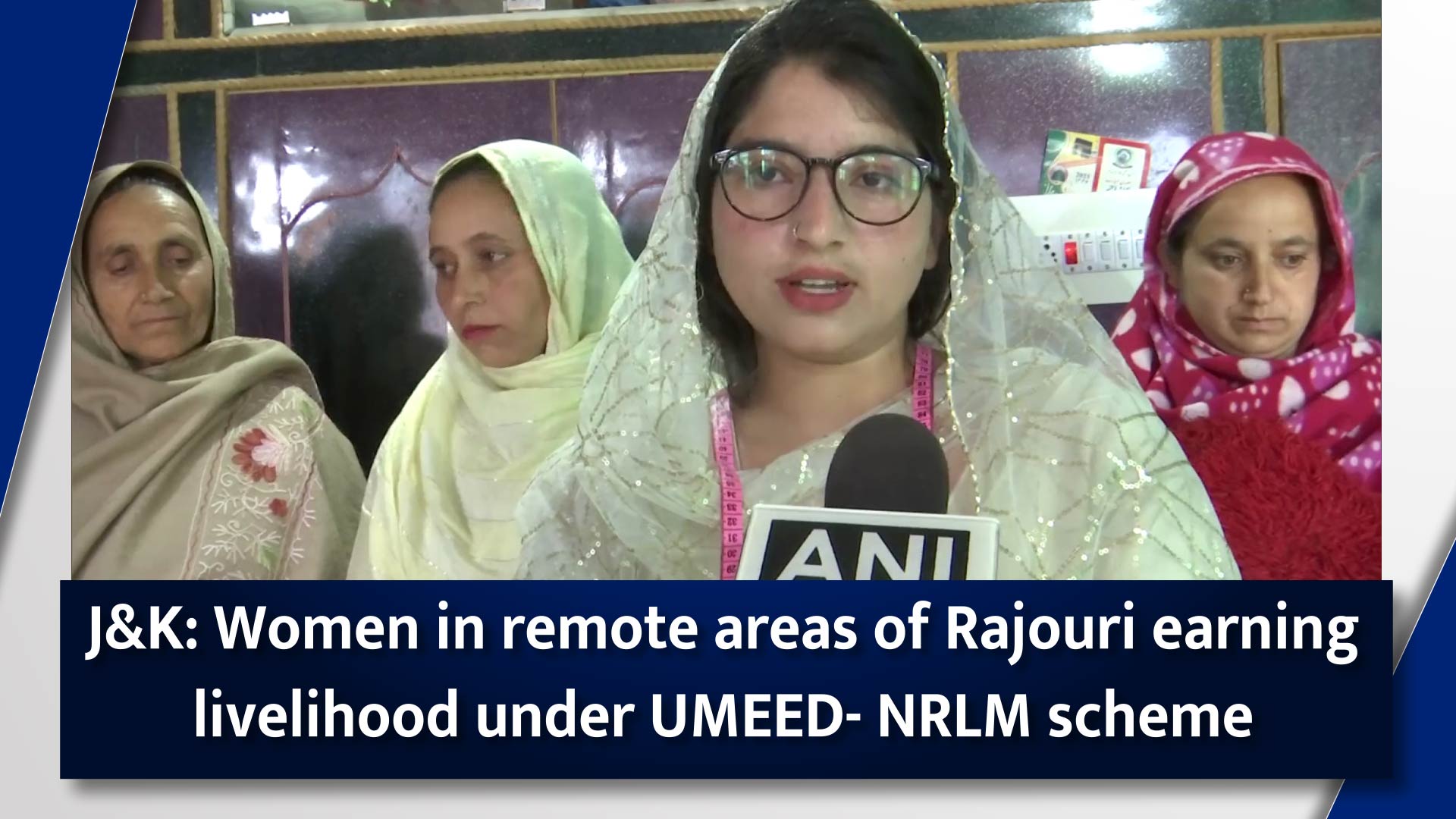Close Sino-Russian coordination on Afghanistan, a surprising development since end of Cold War: Expert
Nov 09, 2021

Washington [US], November 9 : China and Russia, in the immediate aftermath of the Taliban takeover of Afghanistan, seems to have pursued shared interests and engaged in some parallel actions of late by holding military exercises with Central Asian partners. The increasingly close bilateral relationship between China and Russia is one of the most interesting, consequential, and surprising geopolitical developments since the end of the Cold War, reported The Frontier Post.
China and Russia, once bitter adversaries, now cooperate on military issues, cyber security, high technology, and in outer space, among other areas. While it falls short of an alliance, the deepening Sino-Russian partnership confounds US strategists. Some have proposed driving a wedge between the two countries, but this seems unlikely for the foreseeable future, Elizabeth Wishnick wrote in The War on The Rocks, a web publication on foreign policy and security.
She emphasised that despite recent cooperation in the region, Chinese and Russian interests in Central and South Asia are not identical. China aims to integrate these regions economically into the Belt and Road Initiative and address perceived security threats to the Xinjiang Uyghur Autonomous Region. By contrast, Russia's objectives are to maintain its role as the primary security provider in what it sees as the greater Eurasian region and to balance its longstanding ties with India.
The partnership between China and Russia may have reached its peak, said Alexander Lukin, a longtime scholar of the Sino-Russian relationship.
The changing circumstances in Afghanistan certainly will provide a new stress test for the partnership. How Russia and China address India's role -- and their own -- in regional security and navigate the recognition of the Taliban as they each pursue their own regional agendas will provide key indicators of the parameters of future Sino-Russian coordination, Lukin mentioned.
Beijing and Moscow may seem to work in tandem on Afghanistan, but there are some real obstacles to substantive cooperation.
The publication said that Russia is engaging more with India on regional security, is cautious about recognising the Taliban, and seeks to maintain its role as the primary security partner for Central Asia. This contrasts with China's efforts to exclude India, increase its role in Central Asian security, and engage with the Taliban in the interest of preventing security threats to Xinjiang.




















